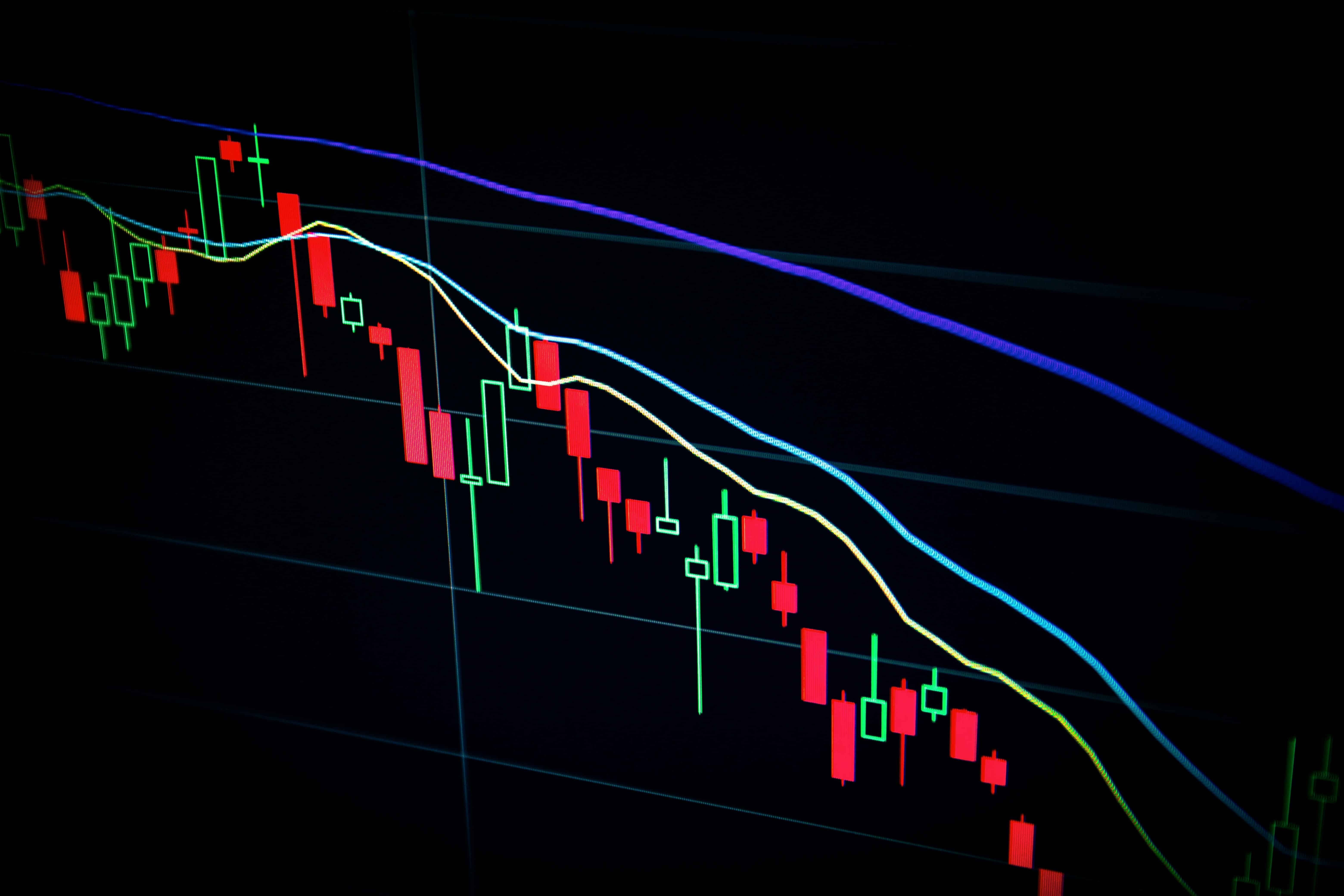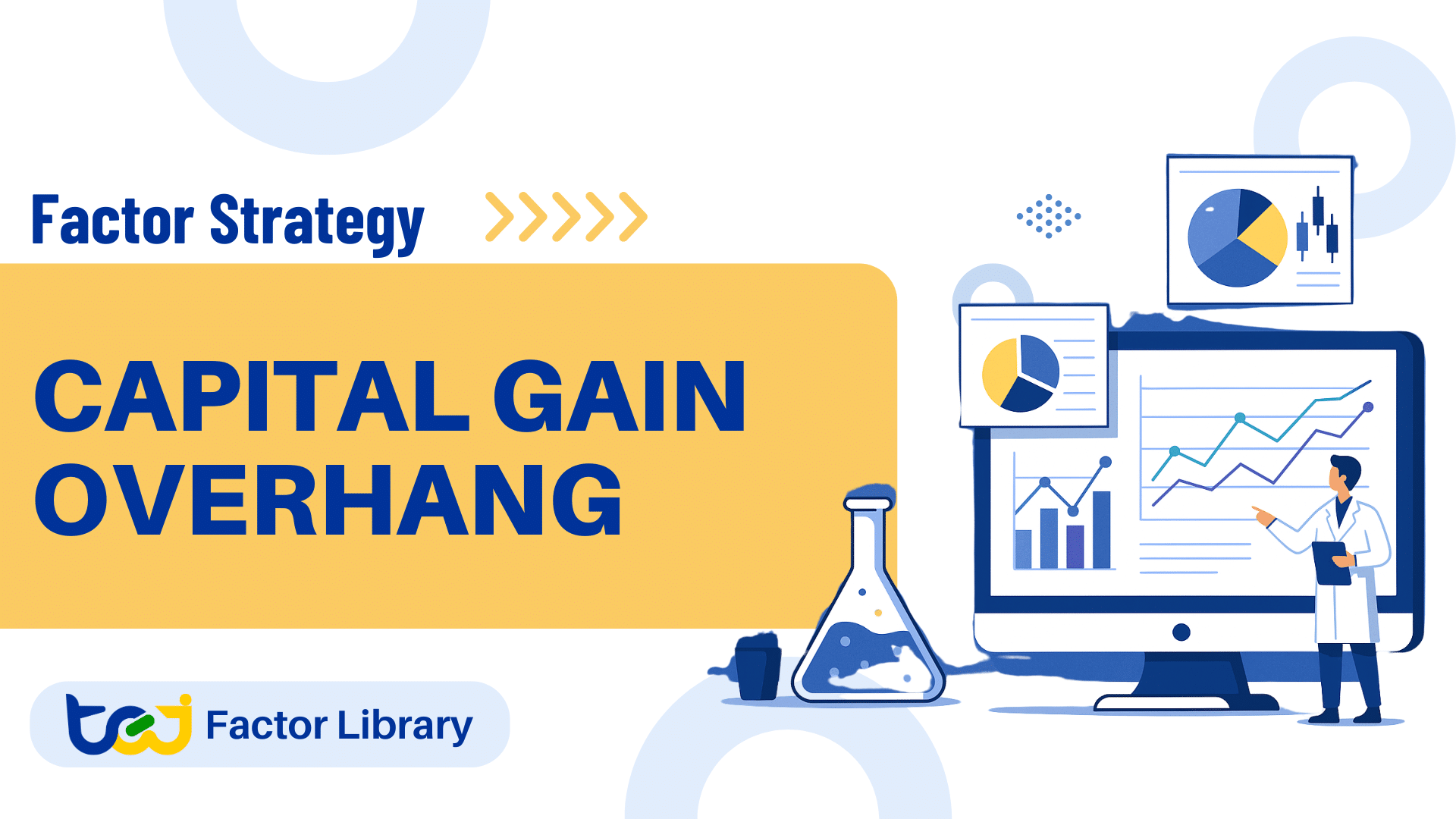2025
When Others Fear, I Enter: Anthony Melia’s Contrarian Strategy for Winning in the Market
In financial markets, Contrary Thinking is a timeless strategic wisdom. It stems from a simple yet profound observation: when most people are overly optimistic, the market is often overheated; when the crowd falls into fear, it may actually present a buying opportunity. However, contrarian investing has long remained at the level of a proverb, lacking concrete and quantifiable standards of action, making it difficult to implement in practice.








